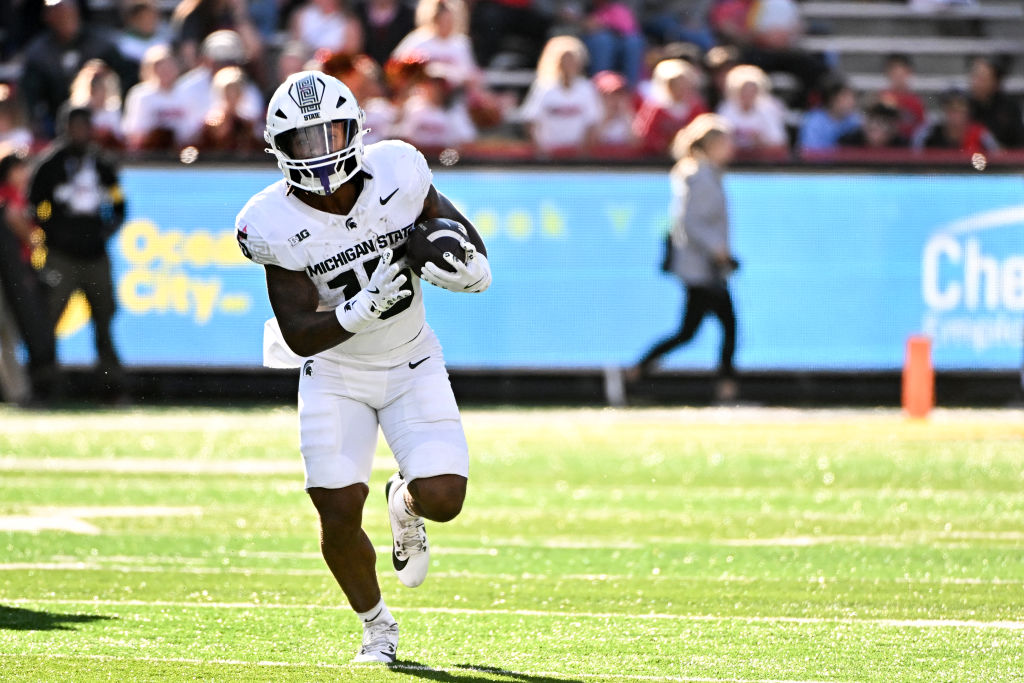Op-Ed: We Should Let Athletes Decide

Before I served in the Michigan Legislature, I was a student-athlete. I played football at Michigan State University, where I earned a degree while competing at the highest level. But I still remember the restrictions. No one could buy us even a sandwich without risking our scholarship.
That’s changed. Student-athletes now have the ability to earn compensation through their name, image, and likeness—what we call NIL. It’s a right they’ve fought for. And now, it’s a right we have to defend.
House Bill 4643 would do just that. The bill prohibits any entity—including the NCAA or athletic conferences—from limiting a student-athlete’s ability to enter into NIL contracts. It reinforces what Michigan law already makes clear: student-athletes should be able to earn compensation like any other student, without outside interference.
Recent developments—specifically the NCAA’s antitrust settlement—threaten to change that. The proposed settlement would allow the NCAA and conferences to impose severe NIL restrictions, including new disclosure and clearinghouse requirements. That conflicts directly with Michigan law. Our statute doesn’t permit that kind of gatekeeping.
There’s a real cost here. If conferences attempt to force universities to violate state law, it could cost Michigan student-athletes tens of millions of dollars a year in NIL earnings. Nationwide, the losses could exceed $2 billion.
These aren’t just theoretical numbers. We’ve seen firsthand that most NIL contracts are not high-dollar endorsements. They’re often $5,000 or $10,000—a meaningful difference for students who aren’t on full scholarships and are covering tuition, housing, and putting food on the table, all on their own.
No one questions the right of coaches or administrators to negotiate seven-figure contracts. Student athletes deserve that same freedom. They shouldn’t need NCAA approval to sign a deal. They shouldn’t be punished for accepting a legitimate offer. And they shouldn’t have to choose between playing the sport they love and supporting their families.
Michigan should lead here. Our laws not only protect the rights of student-athletes, they offer schools a competitive edge. When families and recruits see that Michigan is serious about NIL freedom, that becomes a factor in their decision. If we’re serious about attracting talent, this matters.
We created the path. Now we need to protect it.
Joe Tate is a Michigan State Representative, the first Black Speaker of the Michigan House, a Marine Corps veteran, and a candidate for U.S. Senate.
SEE ALSO:
The Coco Gauff Experience: Following The Young Tennis Star’s Rise To Fame
How Has Kobe Bryant’s Net Worth Changed Since His Death?
Op-Ed: We Should Let Athletes Decide was originally published on newsone.com












